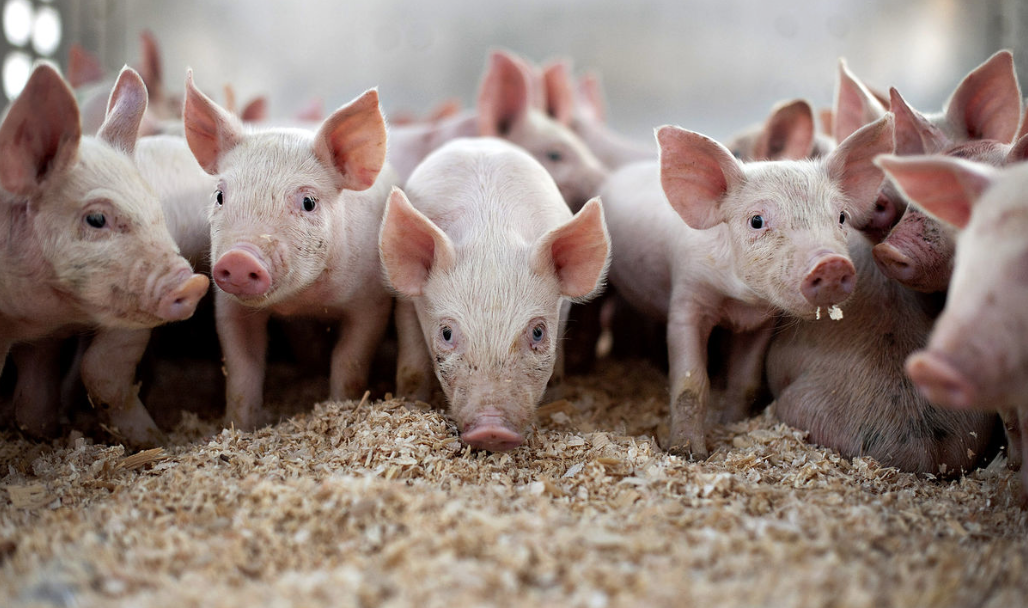Ontario Pork, the industry association that represents the 1,369 farmers in the province, released its inaugural Social Responsibility Report, measuring economic, environmental, social, and governance performance. The report includes a lifecycle assessment of water in Ontario hog farming.
“We are proud to be the first livestock group in the province to commit to setting benchmarks that will allow us to monitor the improvements of the sector over time,” said Amy Cronin, chair of Ontario Pork.
“There is great appetite from a wide range of audiences to learn more about what we do and we needed to tell the stories that shape our industry in a way that was meaningful and transparent. Our members have embraced this process and they are invested in leaving a positive legacy for future generations.”
Based on internationally recognized methodologies and standards, including the Global Reporting Initiative (GRI) and the Food and Agriculture Organization of the United Nations’ Sustainability Assessment of Food and Agriculture systems (SAFA) guidelines, the social responsibility approach of Ontario Pork is based on six dimensions:
- Farm Management
- Economic Performance
- Environmental Stewardship
- Animal Care and Food Safety
- Relationships with the Community
- Workers’ Well-Being
The report acknowledges that “water is one of the most important commodities for hog farms, yet there are disparities in the way producers are managing this plentiful but fragile resource, something the pork industry will work to address. Among them, there is a need to increase the number of pork producers who conduct regular water quality analysis, a practice that only 60 per cent of those relying on well water are currently doing, which can help for early detection of quality issues.”
The report suggests that more could be done to accurately estimate and monitor water usage to improve water management, as only 38 per cent are currently metering water use.
“Few people are more dependent on soil and water than farmers,” added Cronin. “Preserving ecosystems and minimizing negative environmental impacts of on-farm activities are part of a pork producer’s DNA. By measuring progress towards specific targets and goals, our industry is showing its ongoing commitment to being best in class and building strong relationships throughout the entire value chain.”
For retailers such as Loblaw, who has been at the forefront within the agri-food industry in adopting sustainability strategies and responsible procurement practices, the path taken by Ontario Pork sets an important example that should inspire others to follow.
Ontario Pork plans to engage the entire sector in its social responsibility mission through a set of commitments to be achieved over the next three years. Ontario’s pork industry “farm to fork” generates $3.2 billion in economic output and 20,459 in full-time equivalent jobs.









